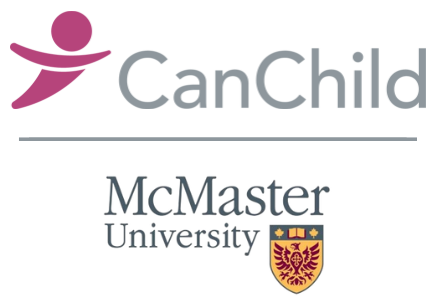“The Six ‘F-Words’ for CP” is based on the paper “The ‘F-words’ in Childhood Disability: I swear this is how we should think!” by Dr. Peter Rosenbaum and Dr. Jan Willem Gorter, and focuses on the key areas of child development. The six F-words are Function, Family, Fitness, Friends, Fun, and Future.
Read Resources
7 resources found
Autism Classification System of Functioning: Social Communication (ACSF:SC)
The Autism Classification System of Functioning: Social Communication, or ACSF, provides a standardized and simplified way for clinicians, therapists, teachers, and parents to talk about what a child’s social communication abilities are.
Read Resources
Move & Play Glossary
Activity Activity is defined by the World Health Organization as the “execution of a task or action by an individual”. Examples of activities are eating, talking, and walking. Within this classification system, the essence is being able to do these…
Read Resources
Concussion/Mild Traumatic Brain Injury Guideline Brochures
Child specific Return to Activity guidelines, which are more conservative than adult guidelines, were developed to guide management when youth sustain a concussion.
Read Resources
Recognizing and Referring Children with Developmental Coordination Disorder: The Role of the Physician
When parents bring their children into the office for healthy child visits, you have a wonderful opportunity to explore many areas of child development including cognitive, speech, language, gross motor and fine motor, social and self-care.
Read Resources
Suggested Readings for Developmental Coordination Disorder
This is an annotated bibliography of selected books on Developmental Coordination Disorder (DCD) that may be suitable for different audiences and purposes.
Read Resources
“If I knew then what I know now” … Parents’ Reflections on Raising Children with Cerebral Palsy
Qualitative interviews with 9 parents participating in this study in order to learn from them about their experiences parenting a child with cerebral palsy from early childhood into young adulthood.
Read Resources
